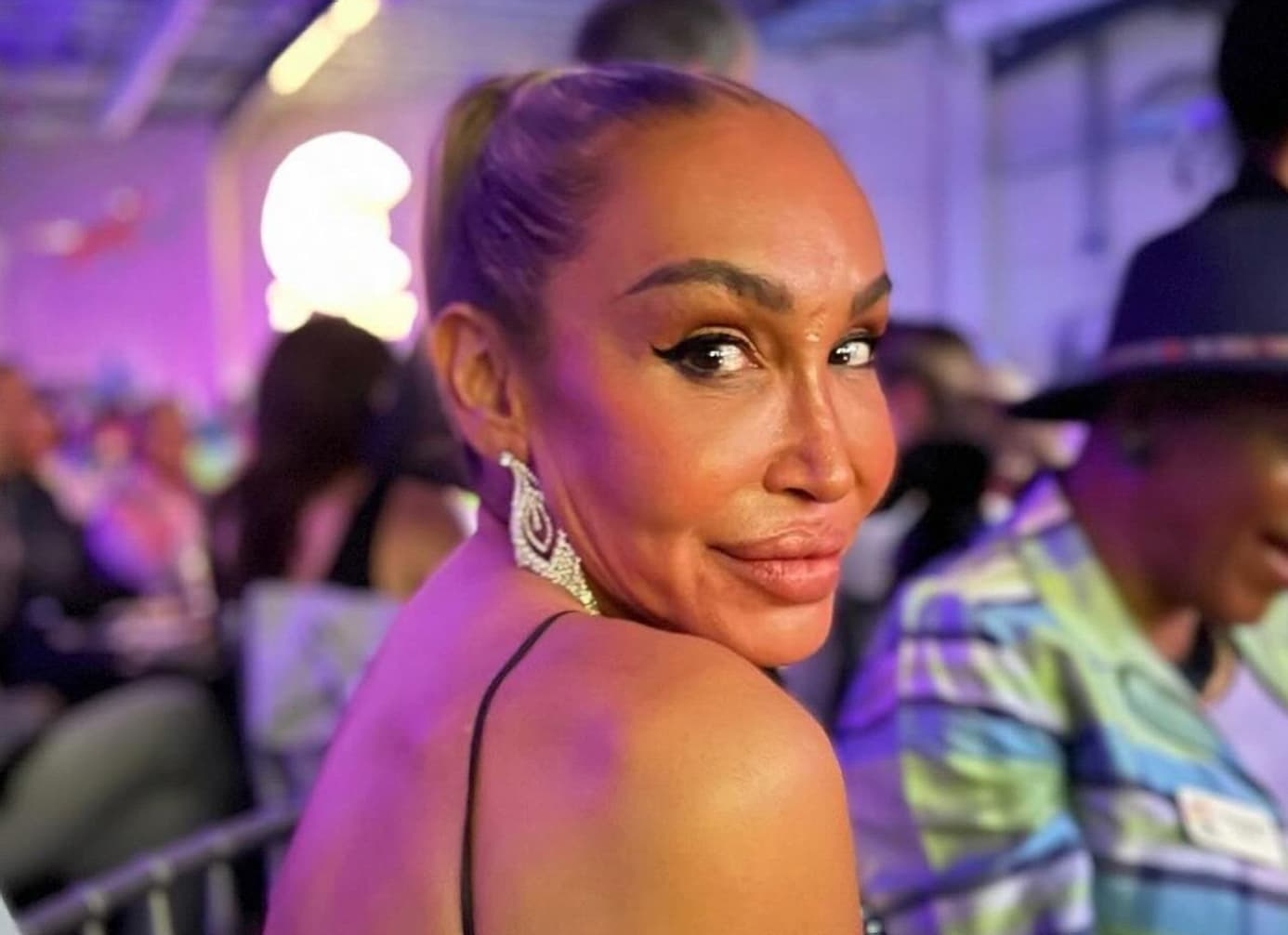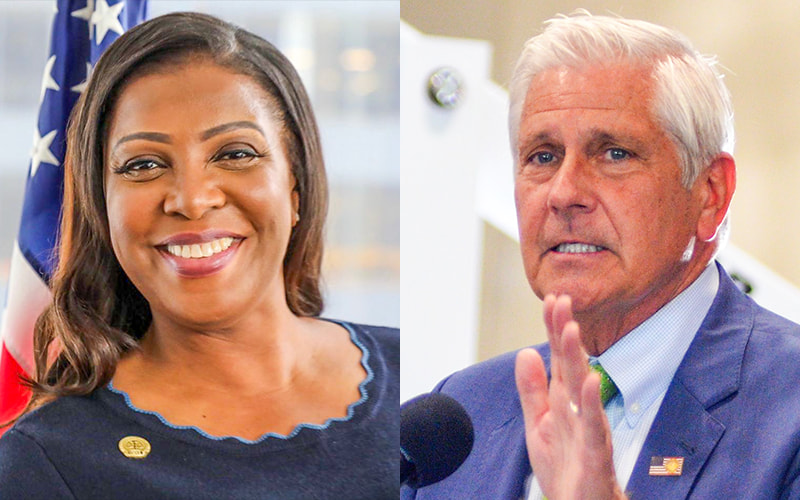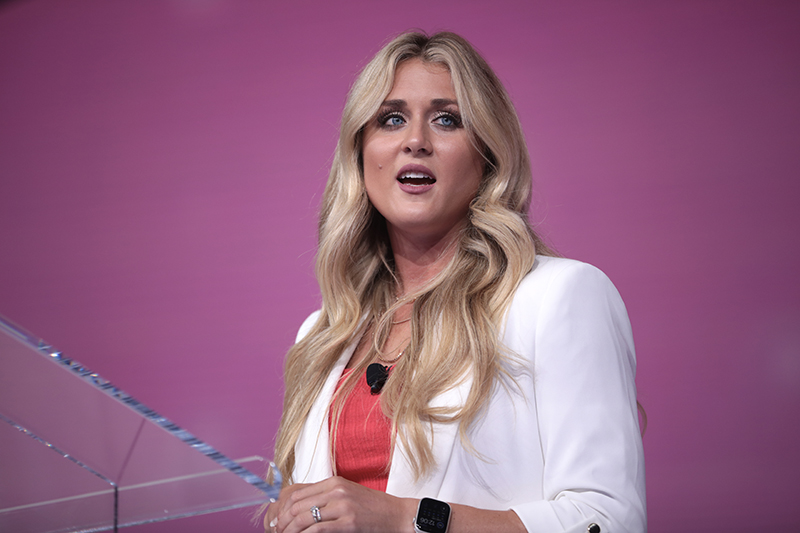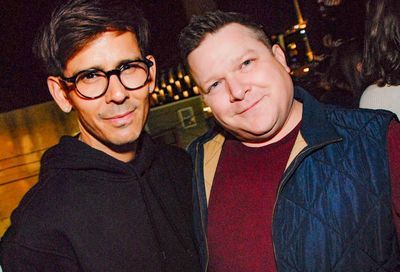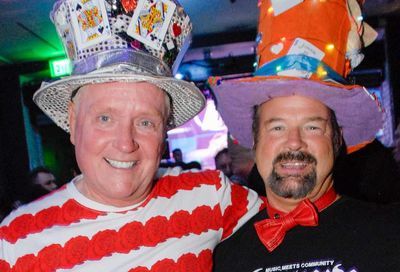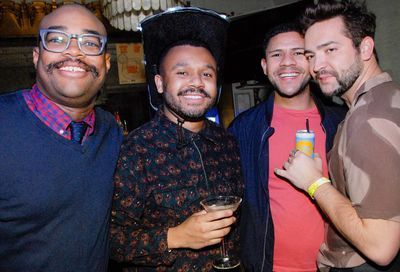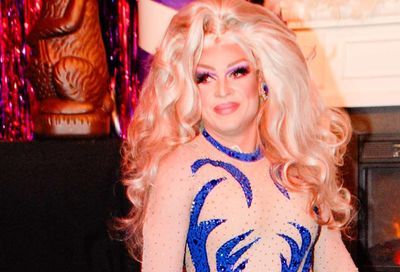Forum Calls for Visibility, Action on Behalf of MSM and Vulnerable Populations
Researchers, health care and service providers, and activists dealing with HIV/AIDS among men who have sex with men (MSM) gathered July 21 for pre-conference information session in Washington that served as a call to action to combat the virus and its impact on vulnerable populations, particularly gay and transgender people.
Held prior to the XIX International AIDS Conference, or AIDS 2012, which opened today and runs through July 27, the Global Forum on MSM and HIV focused on finding solutions to combat the spread of the virus among at-risk groups. The 2010 International AIDS Conference was criticized for dedicating just more than 10 percent of sessions to vulnerable populations – only 2.6 percent on MSM specifically. This year’s conference is expected to provide advocates for marginalized populations with an expanded platform.
Following breakout sessions in the morning and afternoon, during which participants discussed scientific advances in HIV, the criminalization of the disease, human rights violations based on HIV status, issues associated with program funding and prevention methods, organizers of the conference combined their observations into four major points of action: advocacy efforts, capacity building, innovative programming and research.
The pre-conference also encouraged participants to leave the conference prepared to advocate for greater attention to and an expansion of funding and services that will specifically target and address the prevalence of HIV among MSM and other vulnerable populations.
Because some countries criminalize homosexual behavior or don’t recognize homosexual populations, another aim of the MSM Global Forum (MSMGF) is to push for legal changes that acknowledge the human rights of gay men.
Keynote speaker Maurice Tomlinson, a Jamaican-born gay-rights activists and legal advisor to marginalized groups at AIDS-Free World, addressed those topics in his speech, where he recounted his own struggles trying to achieve recognition and protection for marginalized groups, including sex workers, people with HIV and gay men.
Tomlinson recounted his efforts to try to overturn Jamaica’s anti-sodomy law, which forced many men to go “on the down-low,” meaning they would secretly engage in sex with men while married to women. Because the prevailing attitudes in Jamaica were generally homophobic and hostile to gays, Tomlinson said he tried to raise awareness by holding a series of walks to call attention to the plight of marginalized groups, including gay men, in order to give persuadable people exposure to those groups.
“It’s easier to hate a concept than a person,” Tomlinson said of this visibility campaign.
He encouraged conference attendees to share stories and increase awareness of MSM and the challenges they face, which are essential to promoting tolerance and support among the larger population for measures that advance the rights of gay people and other marginalized groups.
“We need to start telling our stories,” Tomlinson said. “If we don’t, we can be assured the same stereotypes will continue.”
Support Metro Weekly’s Journalism
These are challenging times for news organizations. And yet it’s crucial we stay active and provide vital resources and information to both our local readers and the world. So won’t you please take a moment and consider supporting Metro Weekly with a membership? For as little as $5 a month, you can help ensure Metro Weekly magazine and MetroWeekly.com remain free, viable resources as we provide the best, most diverse, culturally-resonant LGBTQ coverage in both the D.C. region and around the world. Memberships come with exclusive perks and discounts, your own personal digital delivery of each week’s magazine (and an archive), access to our Member's Lounge when it launches this fall, and exclusive members-only items like Metro Weekly Membership Mugs and Tote Bags! Check out all our membership levels here and please join us today!


